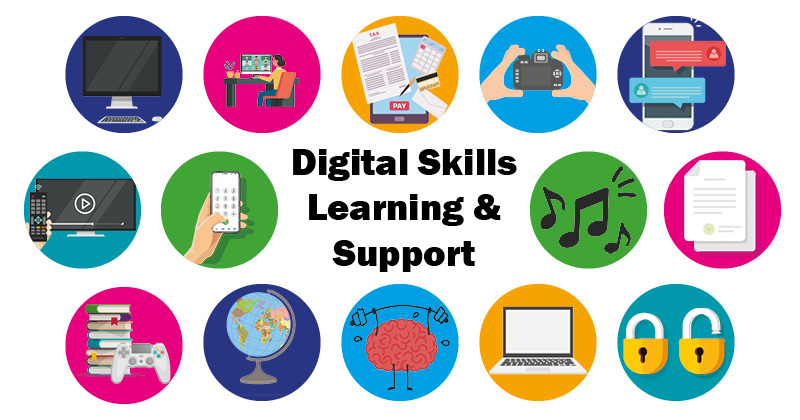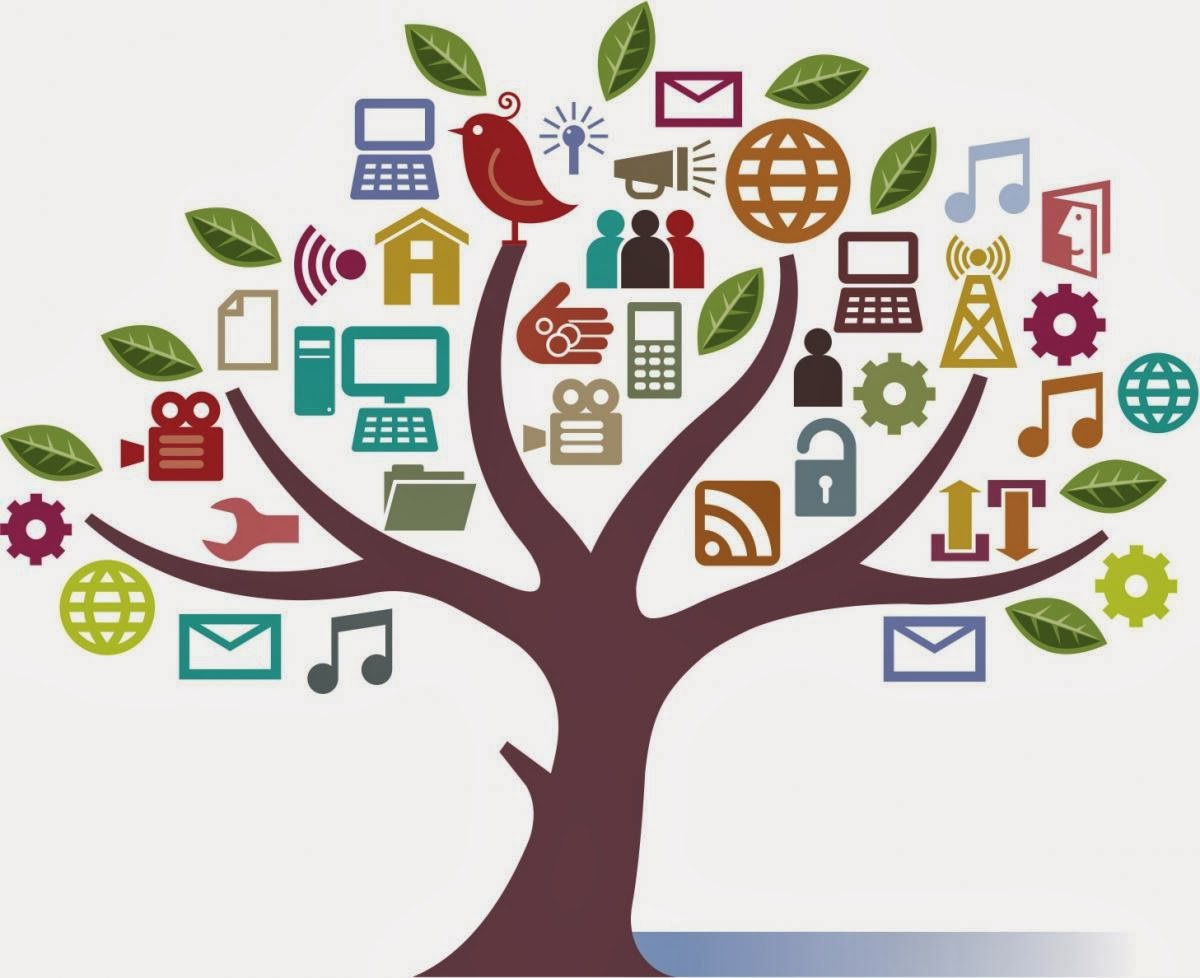
Digital literacy refers to the ability of a person to use digital tools or devices effectively and efficiently to carry out digital functions. It all starts with the opportunity that one should get to have access to digital tools. Digital competence, is however another crucial element that one should acquire in order to be able to operate different digital tools or devices such as, smart phones, iPads, Personal Computers, Computers and many more. After acquiring the necessary knowledge and skills needed to use digital tools, one should then be able to understand the language used and every function of all the devices to be able to create meaningful content in different contexts.

Similarly Glister (1997) defined digital literacy as; one’s ability to understand and use given information in a multiple format from different sources when it is presented through software or computer. He further emphasised that, digital literacy involves a critical evaluation of the information considering the different sources, formats and contextual information, and the decisions that one should therefore make in order to apply different information in different real-life situations.
Blogging
Blogging been one of the digital platforms that I have used in the Digital Literacies Module has been a great experience to me. I have never created a blog before, therefore, creating one had required me to depend on the class notes, YouTube videos and assistance from my classmates with creating a blog. The process was not an easy one, however, with all the help I could get from my classmates and making use of my class notes as well as watching you-tube videos, had finally made it possible for me to successfully create a blog with a meaningful content.
They say, ‘where there is a will, there is always a way,’ therefore, due to my desperateness for learning more about blogs had influenced and made it at least easier to catch up and finally be able to create a blog with the content that has the potential to enhance language learning through a stylistics theory. Stylistics refers to the theory that deals with the discipline between linguistics and literature. In other words, it contains both linguistics and literature components.
I had then applied the linguistic and literature knowledge to create my blog. In such a way that, I formulated poems with the theme of hope for the purpose of inspiring young great writers out there to step forward and start writing aspiring poems with powerful crafted words that will give us and our people hope and courage. The blog will not only give hope and encourage to people but, it will also enhance people’s linguistical competences, as they read, write and listen to the poems.
The content of this blog goes hand
in hand with language learning in such a way that, apart from it being a poetry related blog,
which is part of literature, one can also study language from
a linguistical point of view; which includes studying or analysing the posted poems
from the linguistic perceptive.This could include: being able to locate the following from the poems; Parts of speech, the poetic devices
used in the poems, the different tenses, different types and classification of sentences,
sentence structure, prepositions, grammar and many more.

What then are the benefits of digital poetry?
ü Apart from other things; poetry give us the ability to bring positivity in our everyday lives and in the lives of others. It can be used to convey the theme of hope and courage.
ü Improves language skills.
ü The process of writing poetry can build vocabulary. ...
ü Sparks creative thinking.
ü Creativity is important when it comes to writing poetry.
ü Creates self-awareness.
ü Poetry writing helps people discover who they are. ...
ü As a therapeutic activity. ...
ü Expands world views.
- DO NOT FORGET TO GET YOURSELF A COPY OF THE BOOK!! 😉😊👍🙏
Contact:
follow me on:
https://vm.tiktok.com/
References
Batt, I. (2017). Assignments as controversies: Digital Literacy and writing in classroom practice. New York and London. Routledge.
Beker, H. J. (1998). Running to catch a moving train: Schools and information Technologies. Theory of Practice 37 (1), 20-30.
Brown, M. (2017). The Challenges of Digital Literacy: Beyond narrow skills to critical mindset. Dublin: Dublin City University.
Cornell University (2009). Digital Literacy: Available at: http://digitalliteracy.cornell.edu/ (Accessed 4th November 2017).
James, C. (2014). Disconnected Youth, New Media and The Ethics Gap. Cambridge. Massachusetts: MIT Press.
Lankshear, C. & Knobel, M. (ED) (2008). Digital Literacies. Concepts, Policies, and practices. New York: Peter Lang publishing Inc.
Sitto, K., & Pritchard, M. (2018). Connect. Writing for Online Audiences. Cape Town: Juta.
5 comments:
Fantastic creativity
Very informative
Thank you Kaboy Son.
This is a great language learning platform indeed.
Thank you Adreas.
Post a Comment